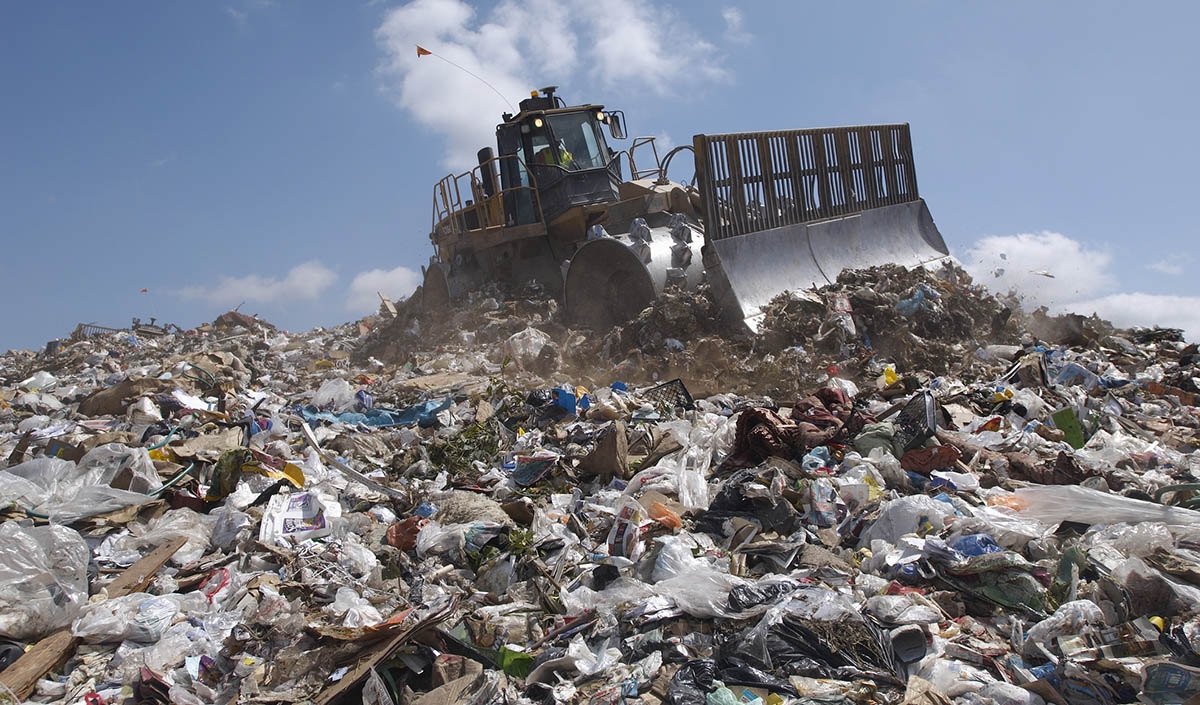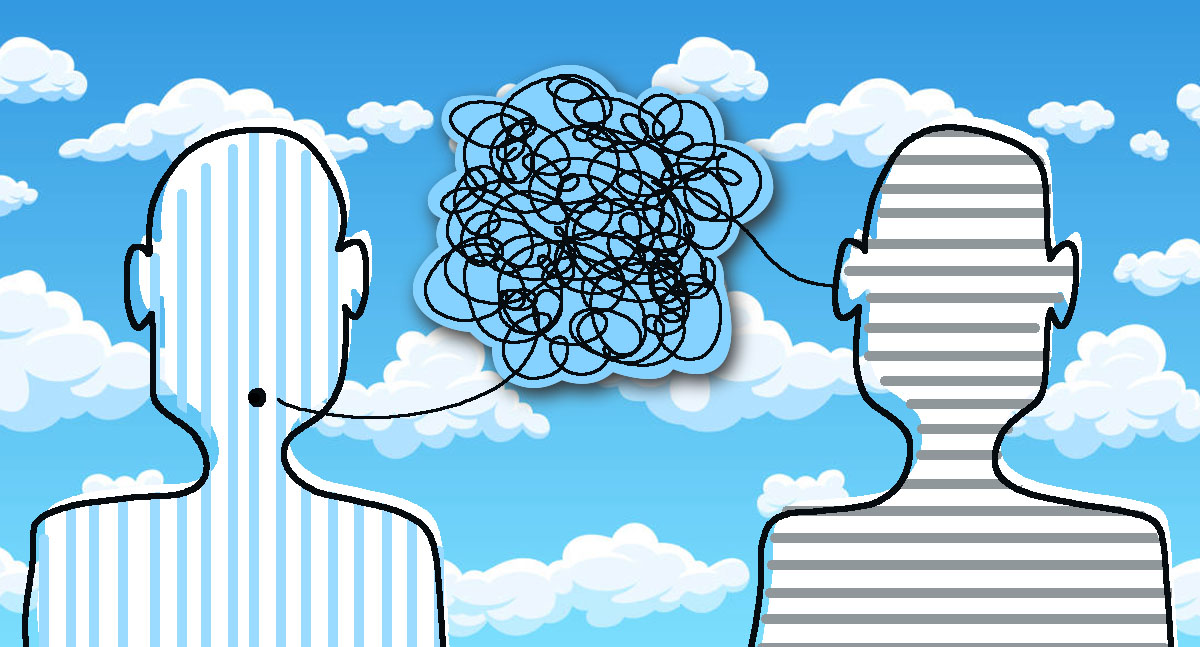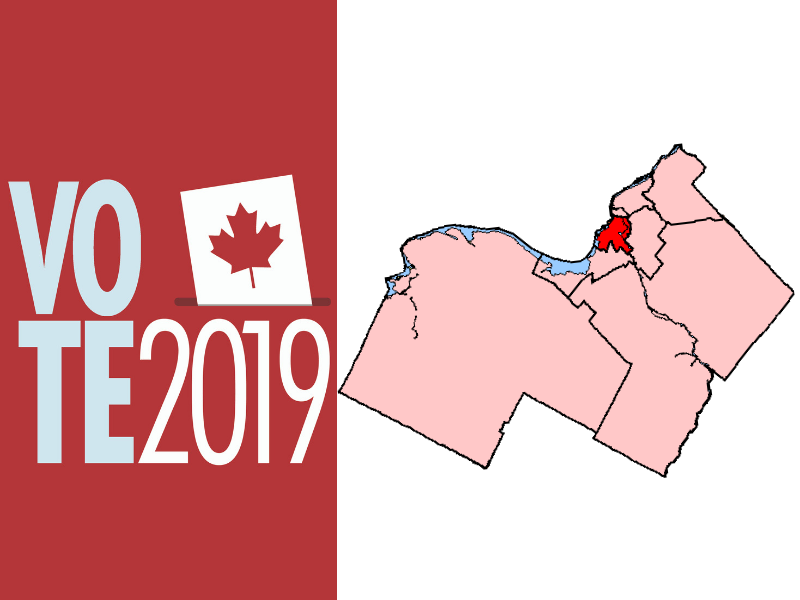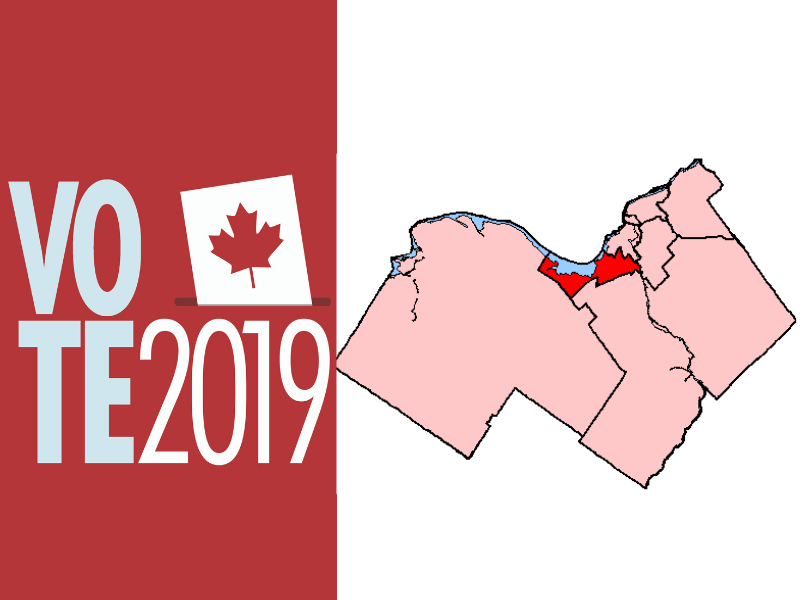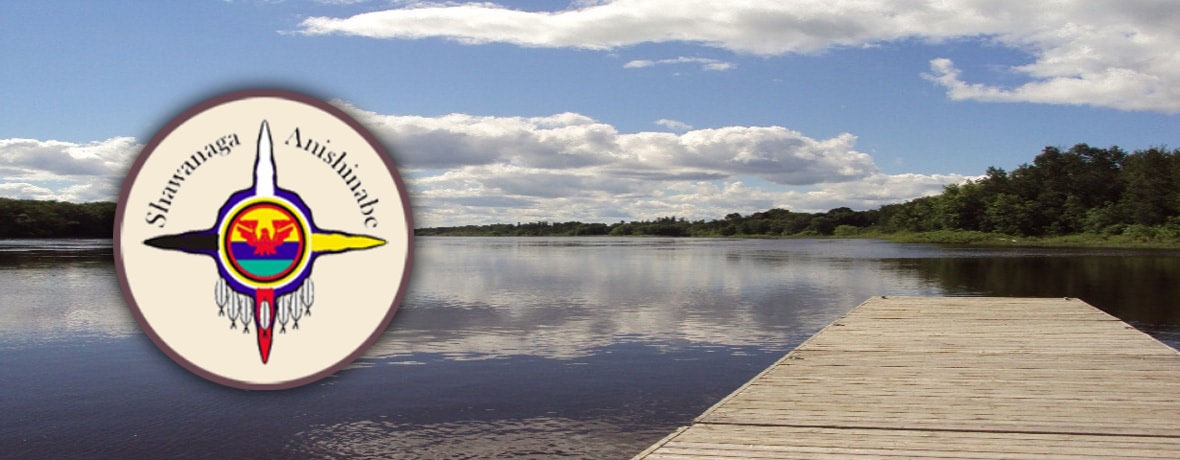
Reconcile this: Ontario government and PM Tofino Trudeau cut Indigenous people out of gaming industry
The age of reconciliation has led the Government of Ontario to an impasse between economic discrimination or proactive reconciliation.
This June, iGaming became legal in Canada. An amendment to the Criminal Code decriminalized “single-event sports betting”–effectively allowing Canadians to gamble on sports teams in a single game.
For Canadians, this is good news. The industry provides a significant source of revenue for Canadians, generating an estimated $14 billion per year. The $14 billion previously spent illegally on iGaming went through offshore servers and landed in the hands of organized crime, fueling drugs and guns.
Legalizing online gambling directs the revenue back into the Canadian economy, providing jobs and opportunities for businesses while allowing for regulation, customer protection, and support for those struggling with addiction.
Ontarians alone spend $1 billion on online gambling per year, 70 per cent going to unregulated sites. Federal legalization is the dawn of Ontario’s booming iGambling industry: a major economic opportunity for the province, the private gaming sector, the Ontario Lottery and Gaming Corporation (OLG), and First Nations communities.
The OLG, a crown agency, already launched its online platform on August 27, 2021. According to Casino Reports, the PROLINE+ launch reported $1 million in revenue within the first week and accumulated over $6 million in betting volume since the launch. These staggering profits are from one platform alone.
Over the decades, casinos and the gambling industry have been a reliable source of income for First Nations, contributing to communities and economic development. In the House Debate over legalization, Hon. Anita Vandenbeld, parliamentary secretary to the Minister of National Defence, urged the Government that the essential aspect is the potential impact on Indigenous communities:
“It is…my understanding that there are likely other Indigenous governments that have expressed an interest in more direct management and betting. We have a responsibility to Indigenous peoples and communities on these important issues and how this industry may impact and benefit Indigenous peoples and communities.”
Despite this, Ontario left Indigenous peoples out of the equation. The struggle between the Ontario gaming industry and First Nations dates to the 1980s and as recently as September 1, 2021.
The Shawanaga First Nation issued a press release on September 27 stating the Ontario Government failed to consult and accommodate the Shawanaga First Nation’s interest in the iGaming industry. Ontario did not give them prior and informed consent of the changes made by the legalization to the provincial gaming industry.
Ontario publicly stated that they would engage with the Ontario First Nations Limited Partnership (OFNLP2008) about how to share the revenue of iGaming. They said they welcomed Indigenous perspectives in designing and implementing the industry.
But when the Shawanaga contacted the Government to share their perspective and interests, they received a meagre response. Ontario’s Attorney General and Minister of Finance took two months to respond–described by the Chief as “limited and inadequate.”
The Minister claimed they reached out to meet with the Shawanaga a month earlier, but Chief Pawis is unable to confirm this contact.
Whether this was a simple miscommunication or an attempt to ignore First Nations’ concerns, Ottawa Life awaits a response from the Minister and Chief as to what the email correspondence entailed.
Granted, Ottawa Life confirmed that the Government did reach out to the OFNL2008. The problem is, the OFNLP2008 explained, it is not under their mandate or authority to speak on behalf of individual First Nations for iGaming. Contacting the wrong agency out of ignorance does not fulfill the duty to consult all Ontario First Nations.
“The Province is obliged to directly engage with First Nations and their organizations on the legal and policy issues connected with the Internet Gaming Initiative and does not constitute formal consultation, engagement or accommodation,” the OFNLP2008 asserted, “It cannot and should not be characterized by any part as such.”
We are unsure whether any First Nations other than the Shawanaga have reached out to the Government. Regardless, the OFNLP2008 advised the Government in July of 2019 to consult with First Nations directly. Apart from an unconfirmed email to a single First Nation in 2021, the Government has not made their best effort.
The issue now remains. The Government went ahead and is implementing iGaming without consulting Indigenous peoples directly. The Government waited four months to communicate with the Shawanaga. This breaches both their duty to consult and the 2015 Political Accord that committed “to work together to identify and address common priorities…[such as] the treaty relationship, resource benefits and revenue sharing and jurisdictional matters involving First Nations and Ontario.”
Today, on Oct. 6, a meeting took place between the Shawanaga First Nation and the Minister of Finance. The Minister’s response today to the Shawanaga will determine Ontario’s dedication to reconciliation and their political commitments to First Nations.
“In the wake of the serious and horrendous truths confirmed across Turtle Island of the genocide of Indigenous children and others Canada-wide,” said Chief Adam Pawis, “One would expect this type of financial discrimination and ongoing economic genocide of Indigenous peoples to have ended.”
But why does iGaming affect Indigenous rights?
The idea of “the duty to consult” is a doctrine created over time by Canadian courts to protect the unique rights of Indigenous peoples guaranteed under Section 35 (1) of the Constitution. It requires the Government to dialogue with First Nations when proposing an action that might affect their rights. The duty hinges on an existing inherent Indigenous right or treaty.
The courts have contested the right to gaming since the 1980s. First Nations assert that gaming is their inherent right. To date, no court has been willing to rule in support of this claim. This refusal, however, is founded on an agreement made in 1985 on gaming rights. But here’s the catch: the Government did not consult Indigenous peoples in this very agreement in the 80s–the courts have since abandoned their duty to consult in gaming matters. The 1985 agreement and foundational breach of the constitutional duty to consult justified their continual inaction and refusal to consult with Indigenous peoples on gaming matters.
Of course, the courts contest their right to gaming–there is profit at stake. Without acknowledging their inherent right, the industry and its profit remain in the Government’s complete control.
Chief Pawis connects Shawanaga’s right to gaming: “The barter and trade system historically developed by First Nations peoples’ precontact should be recognized and included here as guaranteeing First Nations a fundamental role in the ability to wager, bet, participate, and derive income from games of chance here in Ontario and throughout Canada.”
It is high time that the Crown re-establishes its commitment to consult First Nations regarding gaming.
With the genesis of iGaming legalization, the Government is duty-bound to consult First Nations and accommodate their explicit interests.
To foster reconciliation with First Nations is the goal of this duty. Denying them the right to economic opportunity and development–by ignoring their requests to be involved and considered in the budding industry–would be the opposite of reconciliation: it would be economic discrimination.
The onset of iGaming legalization hands the Ontario Government both a responsibility and an opportunity to proactively pursue reconciliation. A failure to consult First Nations on iGaming is a step backwards and out of the age of reconciliation. A refusal to consult silences the voices of Ontario First Nations peoples in a major industry that would contribute to their economic development.
This compounding failure would be a dishonour to the Crown–another constitutional principle that seeks reconciliation. It requires the Government and its agencies to act with honour and integrity towards Indigenous peoples and to avoid “even the appearance of ‘sharp dealing.’”
Indeed, cutting First Nations out of iGaming opportunities appears to be a “sharp deal.”
For these reasons, the Shawanaga First Nation has grounds to claim that the Government thus far failed their duty to consult and accommodate First Nations in iGaming.
Chief Pawis asks the question at the heart of the matter: “[H]ow can there be reconciliation when governments and Crown agencies consistently discriminate against First Nations peoples’ futures and livelihoods, blatantly denying us our voices and our due. The deliberate exclusion of First Nations by OLG is shameful and brings dishonour to the Crown. Reconciliation… requires, among other things, recognition of First Nations’ inalienable rights to participate fully in the economic opportunities from gaming.”
Reconciliation means revenue sharing, employment, and development. If Ontario seeks reconciliation with the First Nations, they must shed their conflicting interests with the OLG and provide First Nations with a seat at the gaming table.
The Shawanaga First Nation’s call for inclusion in the new and booming industry leaves us to wonder how Indigenous communities can develop if the Government continually robs them of access to industries that have economically discriminated against them?
In the meantime, the Shawanaga First Nation calls upon the Ontario Government to honour the National Day of Truth and Reconciliation by immediately pausing the changes to gaming regulations in the province and honourably begin discussions with First Nations.
To add insult to injury, our Prime Minister’s deliberate choice to vacation in Tofino on the first National Day for Truth and Reconciliation leaves Canadians to wonder whether the Government has abandoned reconciliation in everything but words.
First Nations and Canadians alike are asking the question: Is there a genuine insincerity behind their promises?
A failure to consult and accommodate–mere days after the inaugural National Day for Truth and Reconciliation–is a promise and hope of reconciliation broken.

